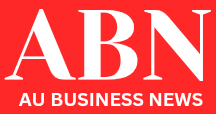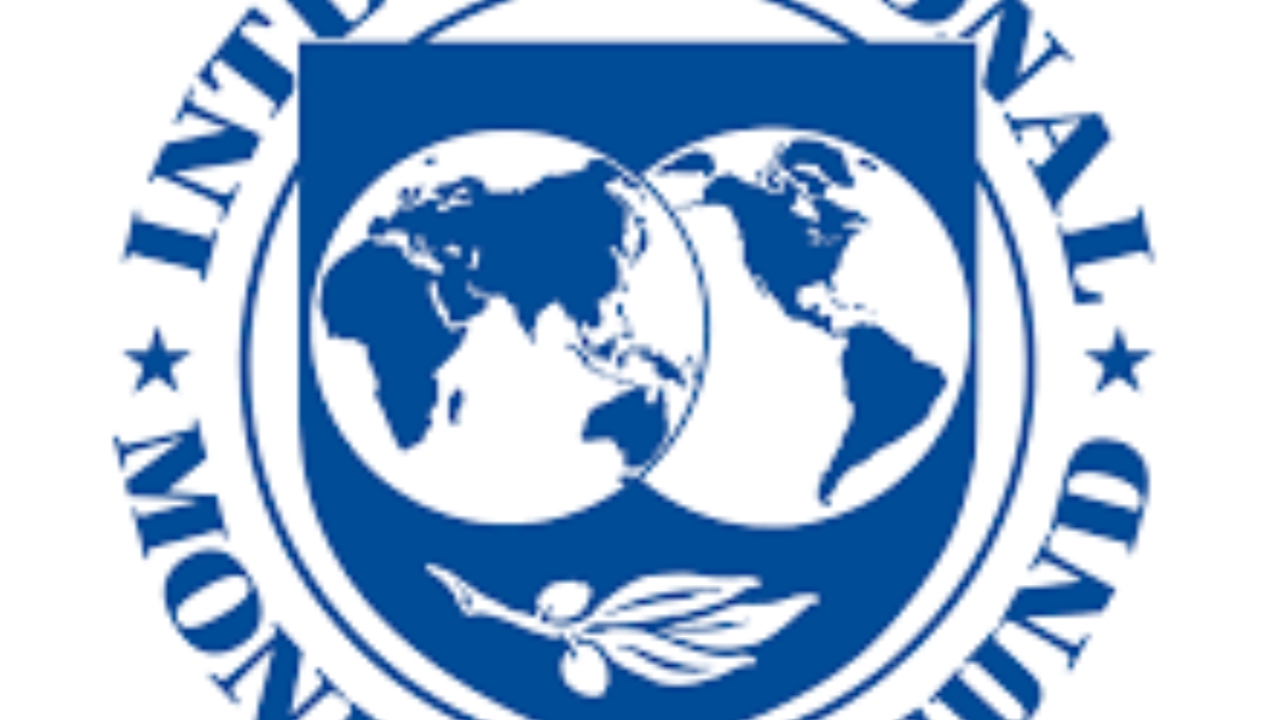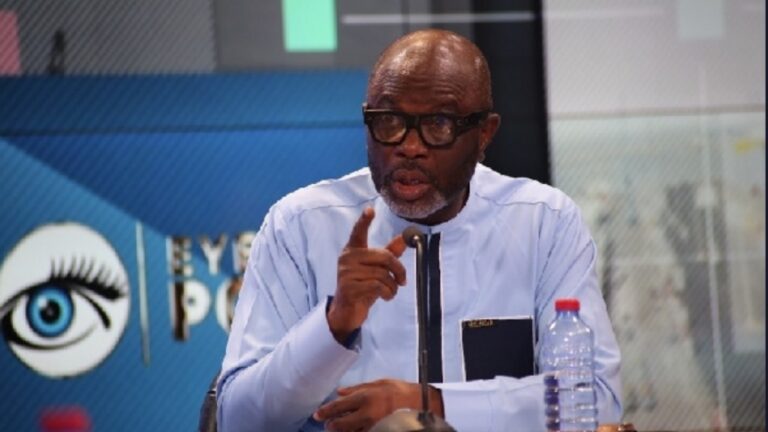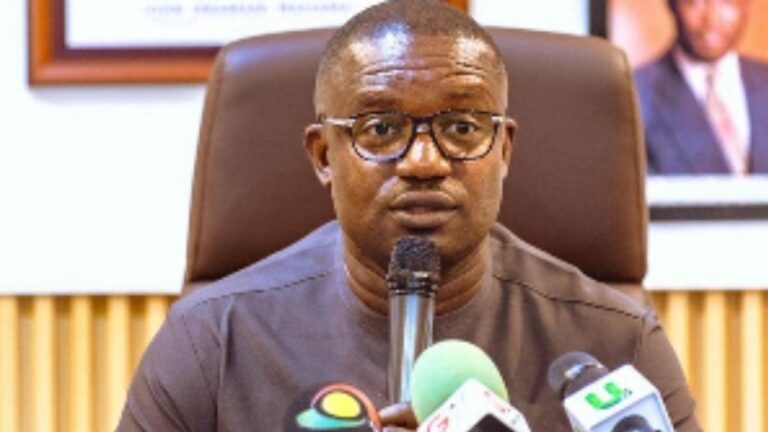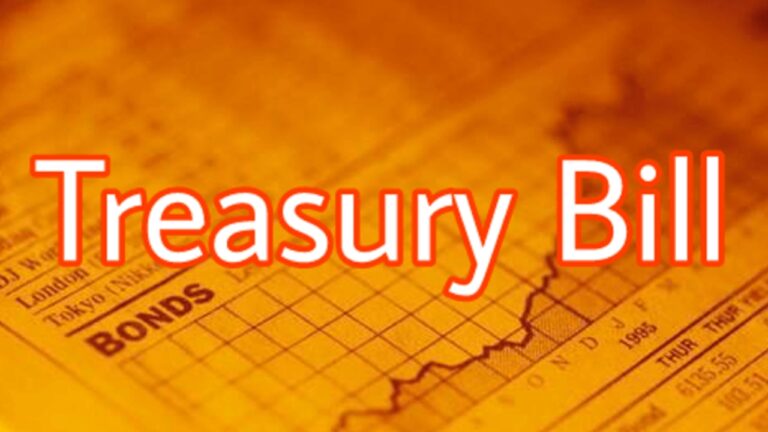Ghana has reached a staff-level agreement with the International Monetary Fund (IMF) to wrap up the fourth review of the 36-month Economic Credit Facility (ECF) programme. The agreement outlines key economic policies and reforms aimed at stabilizing the economy.
The Executive Board will now review the agreement. Once approved, Ghana will receive SDR 267.5 million, equal to about $370 million. This brings total disbursements under the ECF programme to SDR 1,708 million or roughly $2.355 billion since May 2023.
The IMF noted in a statement that Ghana’s growth in 2024 exceeded expectations, thanks to strong performance in mining and construction. It added that the external sector improved significantly due to increased gold exports, moderate oil sales, and higher remittances. These gains led to international reserves far surpassing the programme’s targets.
Despite these positive signs, the IMF highlighted setbacks in the programme’s overall performance by the end of 2024. Fiscal data pointed to major slippages ahead of the general elections, mainly from a large build-up of unpaid obligations. Inflation also exceeded targets. Several reforms and actions in the fiscal, energy, and financial sectors faced delays.
In response, the new administration introduced strong measures to correct the policy gaps and keep the programme on track. The government started auditing the unpaid obligations to determine their size and nature. Based on initial estimates, the primary balance recorded a 3.25% GDP deficit, missing the 0.5% surplus target.
To address this, the 2025 budget aims for a 1.5% primary surplus. The government also rolled out public financial management reforms. These include stricter spending controls and a reinforced fiscal responsibility framework.
Last week, the IMF mission visited Ghana to discuss the reform programme with authorities. Talks focused on improving governance, transparency, and State-Owned Enterprise management, especially in the gold, cocoa, and energy sectors.
The IMF team met with Finance Minister Forson, Bank of Ghana Governor Dr. Johnson Asiama, and other officials. They also engaged with stakeholders from various sectors.
The IMF expressed gratitude for the Ghanaian authorities’ openness and cooperation during the discussions.
